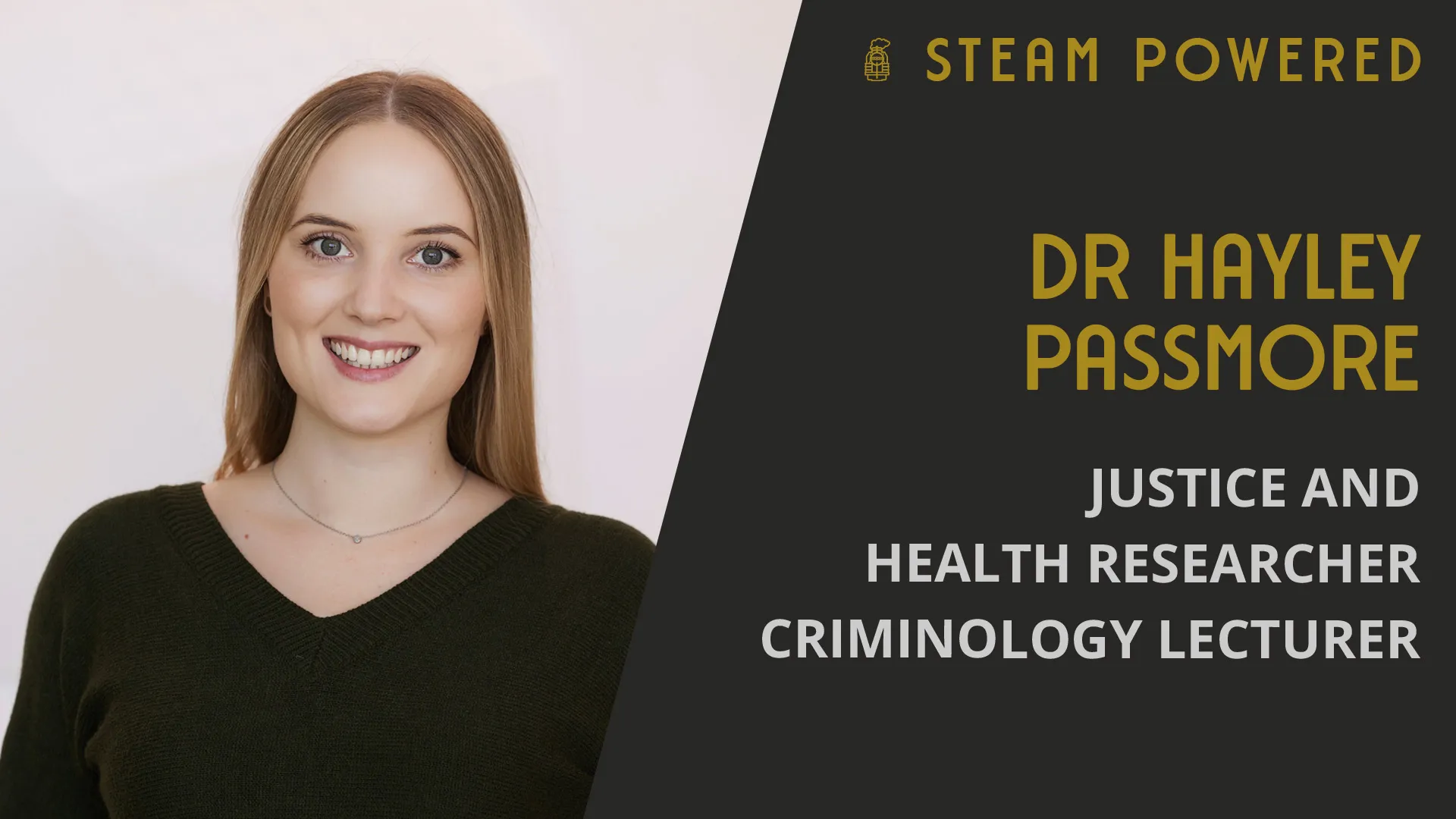The astronomic potential of transferable skills and the place of space on earth with Asha Stabback
There's a place for everyone in space. It's an extension of our planetary ecosystem and just as multidisciplinary as the world around us. The key is to identify your passions and transferable skills so you can shape your work and the value you can bring to your new environment.
Asha Stabback is Translation and Impact Manager at the International Centre for Radio Astronomy Research (ICRAR) at the University of Western Australia in Perth. Join us as we speak about cultivating transferable skills, embracing your network, and how working with the skies above supports the land below..
About Asha Stabback
Asha Stabback is the Translation and Impact Manager at the International Centre for Radio Astronomy Research (ICRAR) at the University of Western Australia in Perth. This role enables the knowledge and expertise to flow between industry and academia. Before entering the university sector, Asha spent 15 years working in the mining industry leading organisational development programs and also had a stint in a start-up called Bubdesk offering a work space with a creche for working parents. Throughout her career, she came to appreciate the gender imbalance and the broader systemic barriers to enabling equity and she brings this background and personal experience to the role of Chair of the DEI Committee for the UWA node of ICRAR.
- ICRAR: http://icrar.org/
- LinkedIn: https://www.linkedin.com/in/ashastabback/
Listen to the Podcast
Listen on Apple Podcasts, Spotify, iHeartRadio, Amazon Music, Castbox, Deezer, Goodpods, Overcast, Pocket Casts, TuneIn, Blubrry, Podcast Addict, Podchaser, JioSaavn, RSS , and other podcast platforms.
Watch on YouTube
- [00:01:19] Cultivating a career around community and engagement.
- [00:03:34] The holy trinity: cultivate your interests, transferable skills, and network to shape your career
- [00:04:29] Recentring when life happens
- [00:05:09] Learning to embrace (and harness) the power of your networks
- [00:06:41] BubDesk and building support and community for working parents
- [00:07:56] Tapping into potential by knowing your skills and identifying the skills of others
- [00:08:55] You are more than what you do.
- [00:12:09] The beginnings of ICRAR and hiring with couples in mind
- [00:15:45] Inclusive environments support everyone and their circumstances
- [00:19:35] The International Centre for Radio Astronomy Research
- [00:20:39] The Square Kilometre Array Observatory (SKAO)
- [00:22:37] The broader economic and community impact of investment in space and astronomy
- [00:26:08] Translation and impact and finding happy places
- [00:30:56] Space Situational Awareness and looking after the skies above
- [00:34:14] There's a place for everyone in Space
- [00:35:40] Thinking about responsible deployment of technology
- [00:38:28] What the space sector is and finding your space in space
- [00:42:10] What advice would you give someone who would like to do what you do, and what should they ignore?
Connect with Us
- @steampoweredshow
- @steampoweredshw
- @steampoweredshow
- @steampoweredshow
- @steampoweredshow
- @steampoweredshow
- steampoweredshow
Support STEAM Powered
Review Us
Please leave us a review on Apple Podcasts, Spotify, GoodPods, Podchaser, or your preferred podcatcher.
Become a Patron
Affiliate Programs
Start your own podcast or YouTube channel, or run panels and seminars with
Riverside.fm. Record up to 8
people in a session with up to 1000 audience members. You can record in advance
as I do, or you can livestream with the option to send it straight to Facebook,
Youtube, Twitter, or Twitch. There’s even a green-room for guests and live call
in for audience members. Afterwards, get separate video (up to 4K) and audio (up
to 48kHz) tracks per recorded participant for editing, none of that “active
speaker only” limitation. You know you’re in good hands with a service whose
client-base includes some heavy-hitters. Check out
Riverside.fm to see who else is on
board. Use promo code STEAM25 to get 25% off the first three months of your
subscription.
Music is “Gypsy Jazz in Paris 1935” by Brett Van Donsel.

